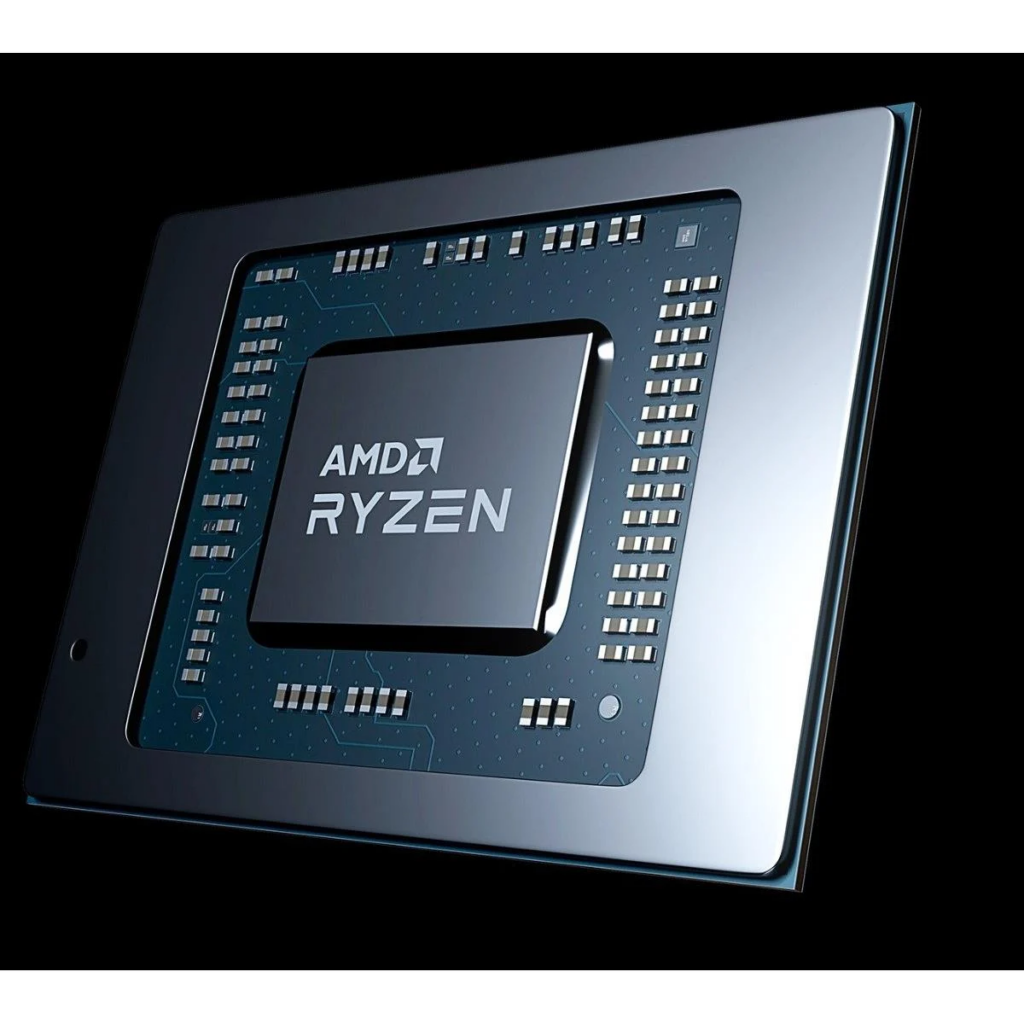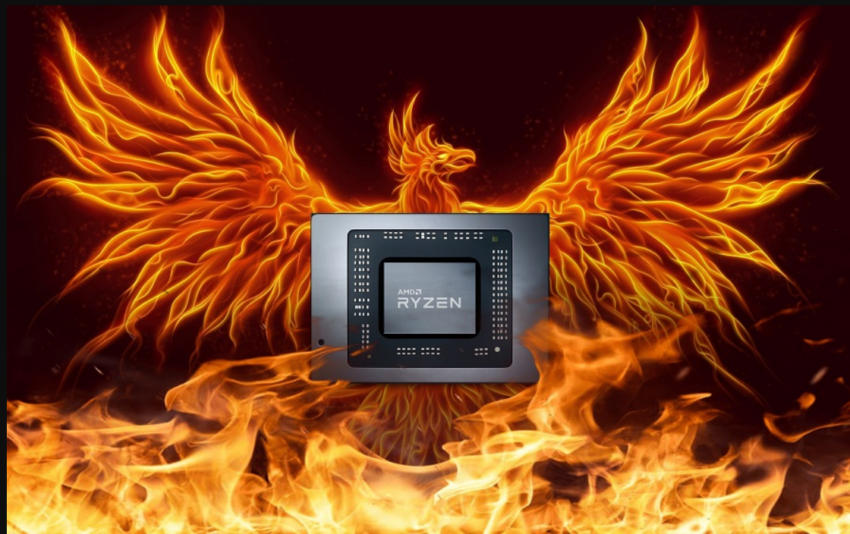AMD’s forthcoming Ryzen 7040-series Phoenix processors for laptops, based on the Zen 4 microarchitecture, will be available in three distinct configurations catered to various sorts of laptops. Golden Pig Upgrade, a Chinese technology review channel, has published a review of the Ryzen 7 7840HS processor that contrasts AMD’s FP8 and FP7/FP7r2 form factors (via VideoCardz).
The Ryzen 7040-series CPUs from AMD will be available in the brand-new FP8 package, as well as the FP7r2 and FP7 packages. FP8 is significantly larger than FP7/FP7r2. The FP8 package is also designed to accommodate higher-performance interfaces, such as AMD’s MIPI CSI, a high-speed interface protocol for transmitting video and images from camera to host.
This package is more appropriate for devices that require greater data throughput and sophisticated camera capabilities.

The FP7 container, in contrast, is smaller and lighter. It has the same sophisticated features and performance as the FP8 package, but offers a more compact solution for manufacturers who wish to construct thinner devices without sacrificing processing power.
FP7/FP7r2 is better for portable devices. FP7 CPUs will also work with Ryzen 6000-series PCBs.
Regarding printed circuit boards, AMD will advise its partners to utilize distinct PCBs for Zen 4-based products with FP8 and FP7/FP7r2 packages. For instance, some laptops in the next-generation AMD Ryzen 7040 series will utilize Type3 10-layer PTH (plated through-hole) PCBs, while others will utilize Type 4 HDI (high-density interconnect) PCBs.
PTH PCBs employ through-hole component mounting, have a lower component density, and are more cost-effective, making them suitable for less complex designs.
HDI PCBs, in contrast, feature a higher component density and superior electrical performance due to their superior fabrication techniques.

Therefore, they are ideal for miniaturized, high-performance electronic devices, but their production is typically more expensive. In the case of AMD’s notebooks, Type 3 PCBs will support memory up to LPDDR5X-6400, while Type 4 PCBs will support memory up to LPDDR5X-7500.
Ryzen 7040HS and 7040H specifications are an additional intriguing feature of AMD’s 7040-series processors.
Regarding TDP, they appear identical on paper. However, Ryzen 6000H processors are rated for 45W, while Ryzen 6000HS processors are rated for 35W. Unfortunately, neither the Golden Pig Upgrade review nor AMD’s website explain the distinctions between the 7000HS and 7000H series, leaving us confused.
The review contrasts the Ryzen 7 7840H with the Ryzen 7735H (based on Rembrandt silicon with Zen 3 and RDNA 2) and two Intel Raptor Lake processors (13700H and 13500H).
Although the most recent Ryzen CPU offers superior GPU performance, the improvement over the previous-generation RDNA2 iGPU is minimal. The iGPU ultimately outperforms the discrete GeForce MX550 GPU and approaches the performance of GeForce GTX 1650 Max-Q designs.

